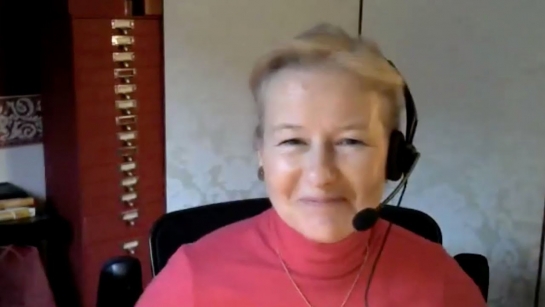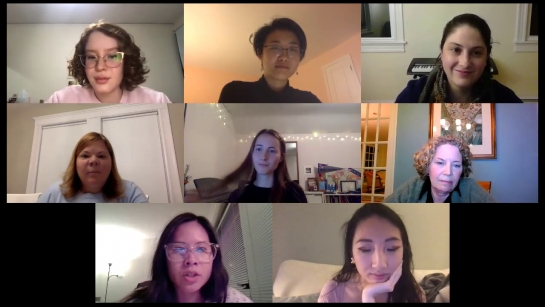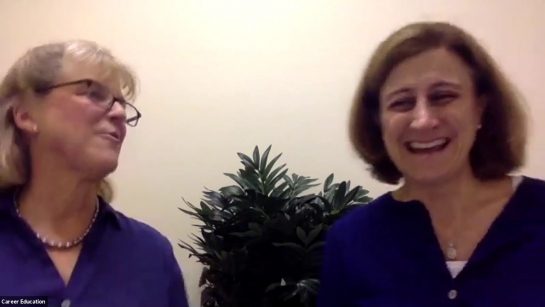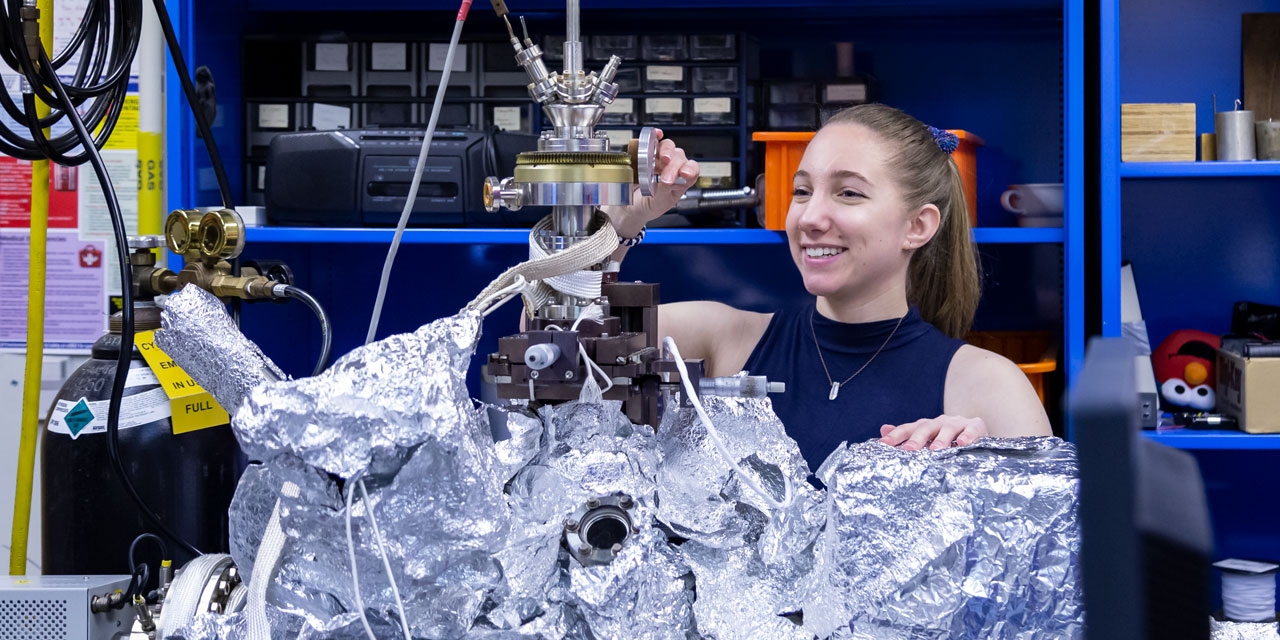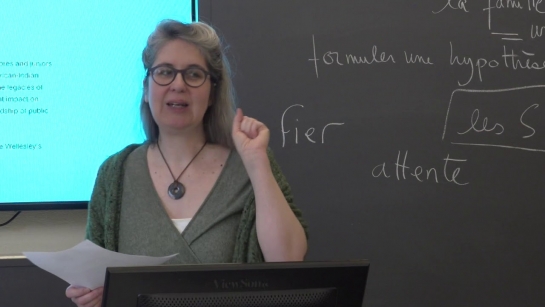Rejoining the Workforce

Many women find it challenging to prepare a resume after being home for several years. Do not discount the value of work that you have been doing, even if it has not been a formal or paid job. This resource will provide an overview for women returning to the workforce and working parents.
Job Searching After 50

This resource outlines considerations for job searching over 50, including tailored advice for your writing your resume, networking, and interviewing.
Learn About Careers in Life Sciences
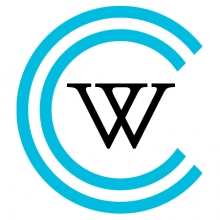
A career in the life sciences can include a broad range of companies, organizations, and foundations concerned with the study of living organisms, including biological sciences, botany, zoology, microbiology, physiology, biochemistry, and a number of related subjects. Employers may include biotechnology & pharmaceutical companies, academic institutions, healthcare organizations, foundations, and federal agencies. Most of the information on this page concerns non-patient facing options but there are opportunities to create career paths that merge patient and non-patient settings.
“I’ve learned that at its core, medicine is all about creating an environment where relationships can be fostered and grown.”
“I previously had dreams to be an author, but found myself called by the combination of logic, mystery, and truth in science.”
Computer Science and Technology

If you are interested in using your technical knowledge, creativity, problem-solving, and critical thinking skills in your career of choice, exploring opportunities in technology, and software engineering-related industries and sectors may be of interest to you. These industry areas are growing and innovating rapidly – opportunities that are unheard of today may be top options in a few years. Broadly speaking, employment in computer and information technology occupations is projected to grow 15 percent from 2021 to 2031.
Computer science at Wellesley encompasses the broad application and theory of ideas relating to hardware and software. As an outcome, those studying computer science should leave with a broad understanding of how computing and technology applications work so that they can build computer applications of the future. Since technology is present in any and all industries and disciplines, the application of technical knowledge can be found in numerous career opportunities.
Technology Internships for First Years and Sophomores

While it is true that many internship opportunities are geared towards students in their junior year, an increasing number of companies are creating first-year and/or sophomore-focused internship programs. Please note that this is certainly not an exhaustive list, and there are a number of additional companies that may not have first-year/sophomore specific programs, but that are first-year/sophomore-friendly.
Science Research

Participating in research experiences as an undergraduate is an excellent way to add depth to your science understanding and actively engage with what you are learning in the classroom. By doing so, you further develop your laboratory, analytical, and problem-solving skills, and you start to build your network with faculty members. Research experiences are valuable components to your resume, and they can make you more competitive for both graduate school and industry opportunities.
Mathematics

Mathematics is essentially the study of patterns, and the understanding and application of these patterns is essential for the foundation of all other sciences. While mathematics is often studied in its own right, it is also applied to all manner of real world problems found in business, government, laboratories, medicine, engineering, and more.
“Medicine is about studying how life works, but the practice of medicine is also learning about life through other people. I have appreciated the opportunity to experience both this summer.”
On-Campus Recruiting Program Policies (Students)

Career Education expects all students to abide by the following rules in order to maintain the success and integrity of Wellesley’s recruiting program.
Navigating the Job Search: The 4 Step Model

The four steps in this resource will help keep you focused and productive in your search. You should plan on revisiting each step as your knowledge and understanding of positions and industries grow. Each step below is outlined without a specific industry or position in mind. It is best to schedule an appointment with your Advisor for Career Exploration (ACE) or an Industry-specific Career Advisor to customize your process. The questions we have provided at each step are designed to help you reflect on your preparedness and identify what you may need to move forward in the process.
Up Skill Resources for Alumnae

For many alumnae, lack of confidence or familiarity with technology is an impediment in the job search. Perhaps you worked in a job that didn’t require much use of technology, or perhaps you have been out of the workforce for a while and are not up to date. You may be confident in some areas and less so in others. Maybe you are curious and like new challenges. There are many resources out there to help you update and improve your technology related skills.
National Institutes of Standards & Technology Summer Undergraduate Research Fellowship (NIST SURF) (students)

The National Institute of Standards and Technology (NIST) offers Summer Undergraduate Research Fellowships (SURF) at NIST laboratories in Gaithersburg, MD; Boulder, CO; and Waimanalo, Hawaii. The Summer Undergraduate Research Fellowship is designed to inspire undergraduate students to pursue careers in STEM (science, technology, engineering, and mathematics) through a unique research experience that supports the NIST mission. Eligible are currently enrolled undergraduates who are US citizens or permanent residents, majoring in chemistry, computer science, physics, engineering, materials science, fire research, nanotechnology, information technology, mathematics, biology, manufacturing, statistics, or another STEM discipline.



